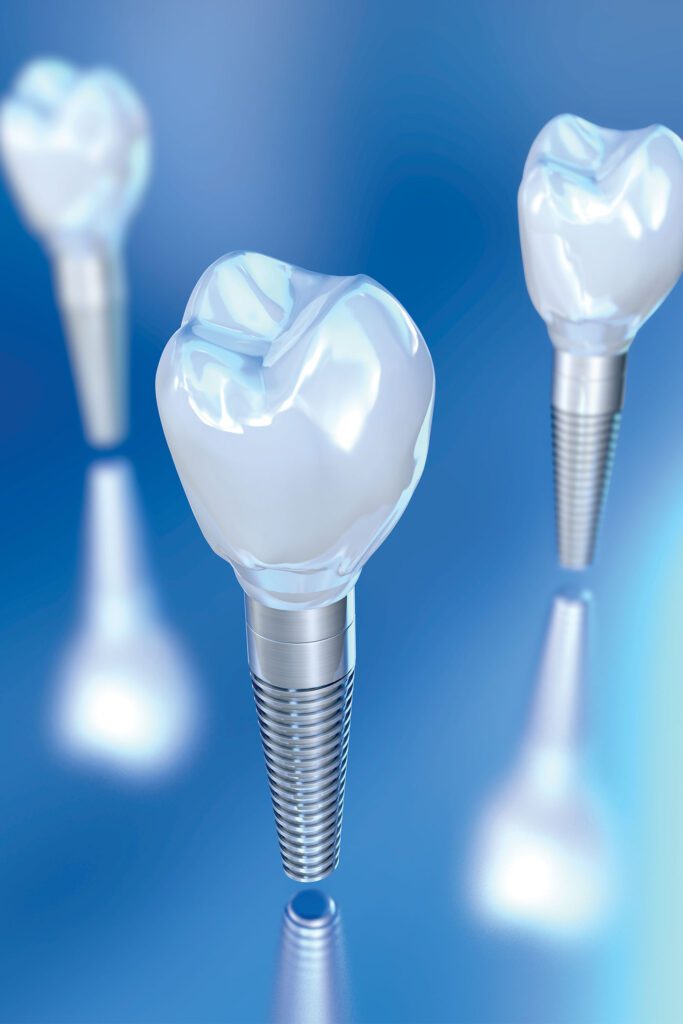This single surgery option is ideal for patients who want a quick solution to their tooth loss.
Tooth loss is a common dental problem, and it is one that many people prefer to deal with quickly. Whether you have lost a tooth to trauma or periodontal disease, a gap in your smile can leave you feeling less confident. Beyond that, losing a tooth causes the surrounding gums and jawbone to recede and weaken, which can cause problems with eating, speaking, and overall oral health in the long run. Immediate dental implants are one of the quickest and most permanent options for replacing lost teeth and restoring your oral health.
What Are Dental Implants?
Tooth loss is a common dental problem, and it is one that many people prefer to deal with quickly. Whether you have lost a tooth to trauma or periodontal disease, a gap in your smile can leave you feeling less confident. Beyond that, losing a tooth causes the surrounding gums and jawbone to recede and weaken, which can cause problems with eating, speaking, and overall oral health in the long run. Immediate dental implants are one of the quickest and most permanent options for replacing lost teeth and restoring your oral health.
The Benefits of Immediate Dental Implants
Single surgery procedure. Unlike traditional dental implants, which require separate appointments for tooth extraction and implant placement, immediate dental implants allow your periodontist to do both in the same visit. This expedites recovery and restores your smile faster.
Healthy and natural smile. Because the implant procedure is done right after the tooth extraction, your gums will heal around the implant. This makes the implant look more natural, as the tooth will appear to emerge from the gums rather than simply sitting on top of them.
Same-day tooth replacement. Immediately after the implants are placed, you can receive a temporary replacement tooth to provide aesthetic relief until your permanent replacement is ready. This is particularly beneficial for patients missing front teeth.



